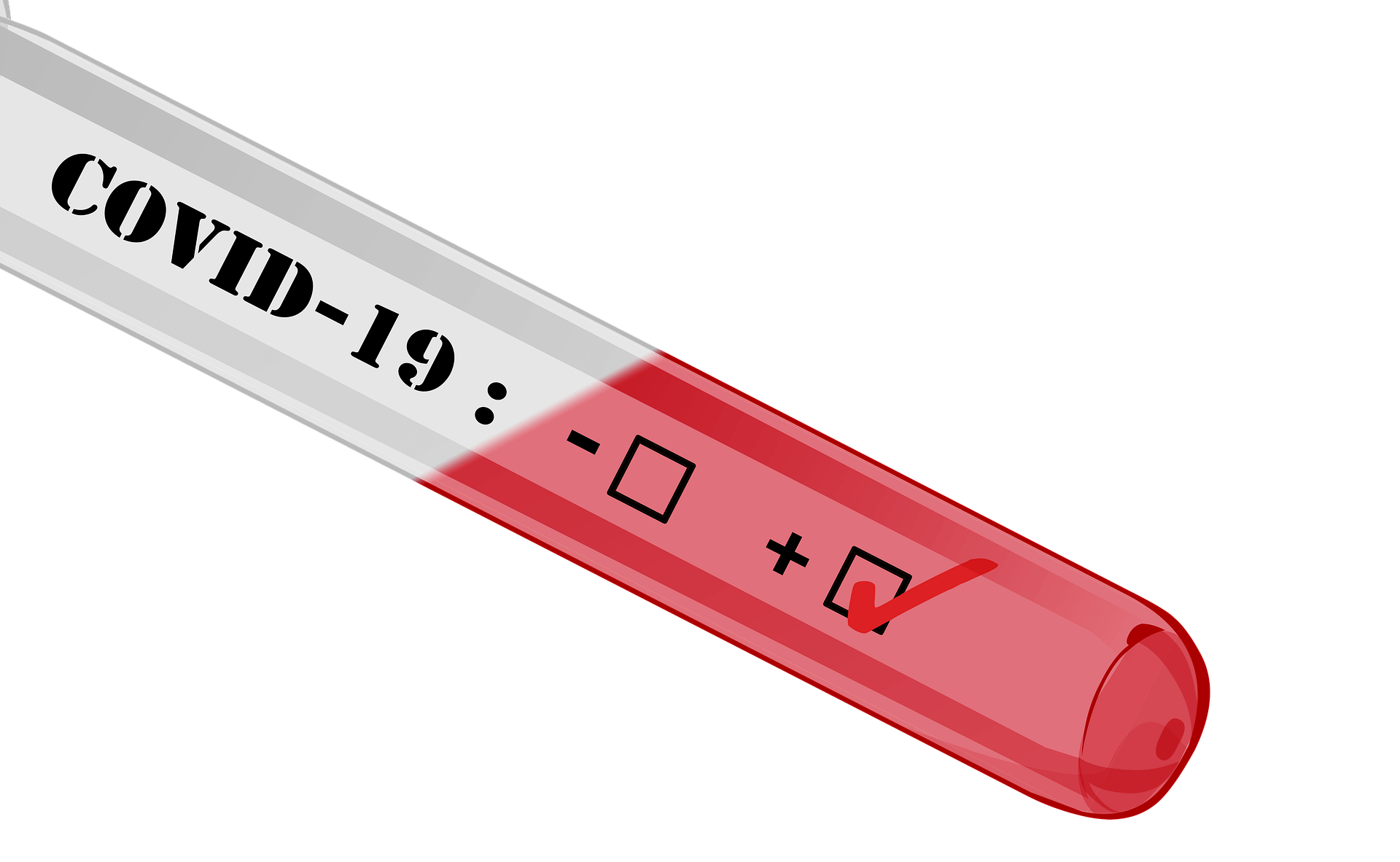The World Health Organisation has declared the recent outbreak of Coronavirus to be a pandemic. With over 1543 reported cases in the UK as of 9 am 16th March 2020, Boris Johnson has called the virus “the worst public health crisis for a generation”, stating that the UK population can expect the situation to worsen.
Since it was first officially reported to the World Health Organisation in December 2019 in Wuhan Province, China the virus is now reported to have been contracted by over 168,019 people worldwide as of 7pm Monday 16th March, with the highest numbers in China, Italy, and Iran (according to the WHO ongoing situation reports).
The virus SARS-COV-2 itself causes the disease Covid-19, also known as “Coronavirus”, and is thought to be transmitted primarily through coughing and sneezing. The virus can also survive on surfaces and objects that droplets have landed on, and can then be viable for up to five days at standard room temperature. There is currently no evidence to suggest that the virus is airborne or can be contracted from those who are not already displaying symptoms. Face masks are reported to reduce 80% of infection risk, but are necessary only for those already suffering from the virus, as it is not believed to be airborne except in clinical environments through Aerosol Generating Processes (such as tracheostomies or manual ventilation).
One of many growing concerns due to the disease’s escalation over the past fortnight is the capability of the NHS to provide care and containment to those infected. A memo circulated throughout NHS trusts country-wide last week, labelled “NHS Guidance for Infection Prevention and Control in Healthcare Settings”, has explained that the health service’s “Infection control advice is based on the reasonable assumption that the transmission characteristics of COVID-19 are similar to those of the 2003 SARS-CoV outbreak.”
The National Health Service has established an emergency advisory authority; the organisation, “New Emerging Respiratory Virus Threat Assessment Group” or NERVTAG, will issue advice relating to the virus. Nearly all their protocols for handling the Covid-19 pandemic are based on previous research into the SARS virus, written in 2003. The research cited in NERVTAG’s briefing notes suggests that Covid-19 “patients will not be infectious until the onset of symptoms”. Furthermore the group has advised that the average recovery time (and therefore the minimum period of time necessary for self-isolation) for “mild cases” is “approximately 2 weeks”. However for more severe cases, patients should anticipate 3-6 weeks recuperation.
A report in The Guardian by Bath Hospital anaesthetist Tim Cook estimates that in 2012 the NHS had 4100 Intensive Care Unit (ICU) beds, and that “data from 2017 suggests little change”. In order to deal with the Covid crisis, ICU beds would have to be used on average by 100 times more patients than they are currently. This is an increase the NHS simply cannot achieve. According to Cook’s report, it is estimated that more than 30% of the UK population will contract Covid-19, and that one in seven people will require hospitalising of some sort. Out of the patients in hospital, one in five are likely to need ICU treatments.
The most extreme cases of Covid-19 can potentially result in lung, kidney, or cardiovascular failure; many of the emergency treatments for which are Aerosol Generating Processes, requiring the patient to breathe artificially through a manual ventilation machine. According to Public Health England, Intensive Care Units are being considered “AGP ‘hotspots’”, therefore patients hospitalised in ICUs could end up infecting more.
NHS authorities have already been alerted to countless instances of theft of respirators and face masks, as well as antibacterial liquid (which is unproven to reduce risk of infection by any great factor). The government has warned that a fifth of NHS staff are likely to contract the virus over the coming months, and a Public Health England memo seen by The Guardian has revealed that “as many as 80% of the population are expected to be infected with Covid-19 in the next 12 months, and up to 15% (7.9 million people) may require hospitalisation.” According to the document, the Covid-19 pandemic may last until Spring 2021. On Sunday night the government announced it is considering commandeering hotels to house ventilated patients, and also that the NHS is running out of ventilators.
Government and NHS guidance to the public remains much the same; wash your hands regularly, avoid crowded places, and self-isolate at the first show of symptoms. For advice on the self-isolation process, visit the Government & NHS websites.
(All statistics accurate at time of publishing (16th March 2020) and verified via WHO situation updates.)

